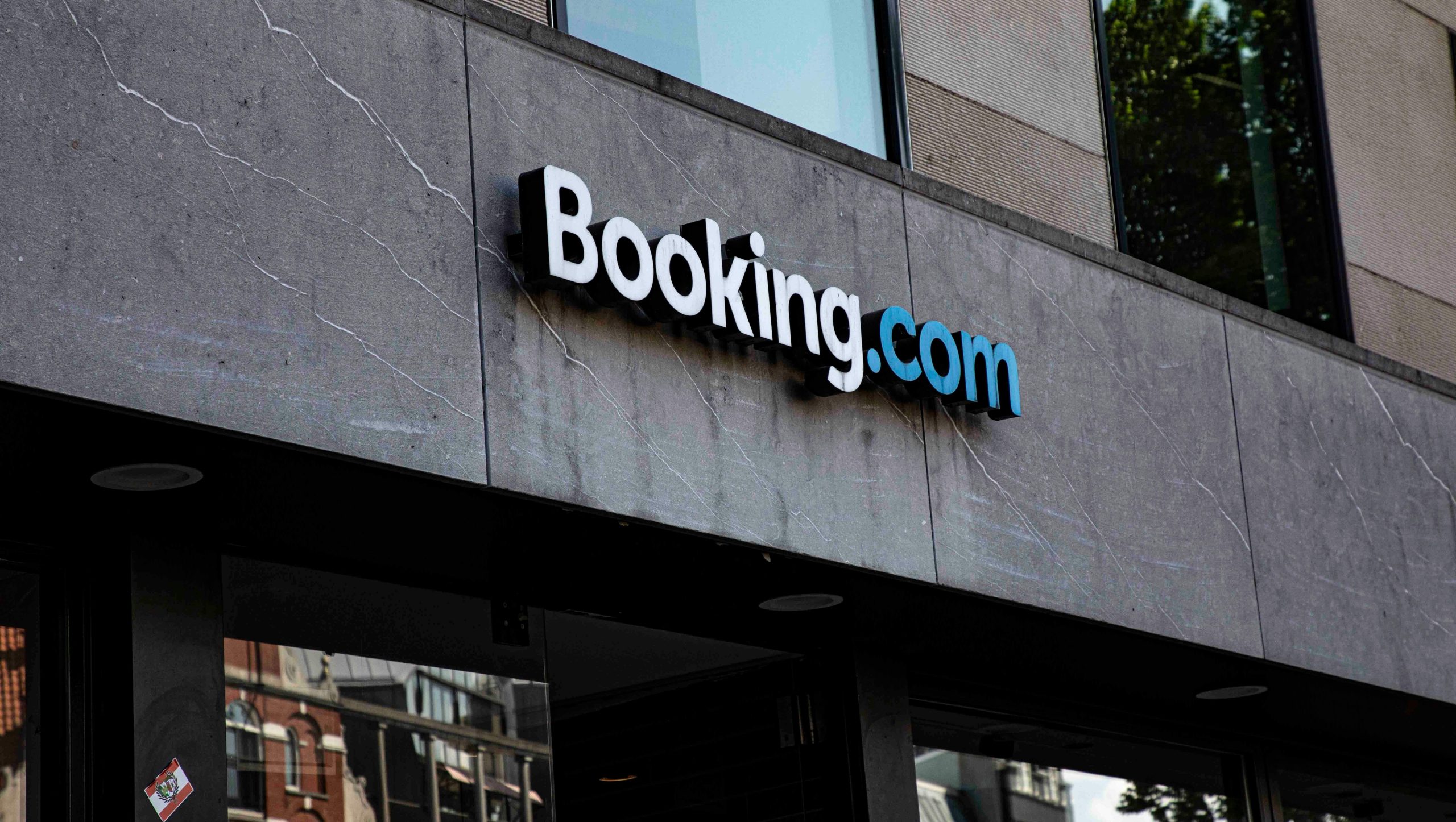Recently Booking.com was designated as the only OTA who is also a “gatekeeper” in the eyes of the EU’s Digital Markets Act. This means the hospitality giant will have to comply with quite a few new obligations to continue operating in the EU.
NB: This is an article from Triptease, one of our Expert Partners
Subscribe to our weekly newsletter and stay up to date
Booking are smart, and they’re not going to let a designation CEO Glenn Fogel calls “dumb” keep them from maintaining their dominant position in the EU hospitality landscape. But there will be some significant changes to the way Booking works, and they’ve already started to roll them out.
Historically, Booking.com operated a price parity clause with hotels, ensuring that the rates available on the OTA’s platform were the same as those available direct. However, Booking’s new designation as a gatekeeper meant that this clause had to be removed. The EU’s aim was for this removal to foster fair competition and give consumers more choices when they book accommodation. But how’s that playing out in the real world so far?
After the deprecation of the Price Parity Clause, hotels can no longer be punished directly for not being in price parity with Booking. But anyone familiar with Booking.com knows that the OTA powerhouse is smarter- and more prepared- than to allow a legislative change to derail its dominance in the hotel booking landscape. They have been working for a long time to develop its alternative way to ensure compliance from hoteliers — a strategy called algorithmic persuasion.
Key Components of Booking’s Algorithmic Persuasion Strategy
According to Francesco, Booking’s Algorithmic Persuasion strategy can be broken down into 3 core components:
- Rewarding collaborators: Rather than punishing hotels who don’t maintain price parity with Booking, this algorithm rewards hoteliers who do, providing them with better quality visibility in the platform.
- Voluntary participation: Maintaining price parity is completely voluntary, but better parity can lead to better performance.
- Impoverished visibility: Instead of directly reducing the visibility of hotels (by not showing them in as many searches), Booking minimizes potential lost bookings by impoverishing visibility instead. This means that the hotel might be shown in a worse position, or a less popular category.
Why does Booking feel justified in encouraging compliance from hotels?
In Booking’s eyes, they’ve invested a lot to create an effective booking platform, and to drive high volumes of traffic to that platform. When hotels are present on Booking, but have better prices onsite to encourage direct bookings, the OTA sees it as freeloading.





